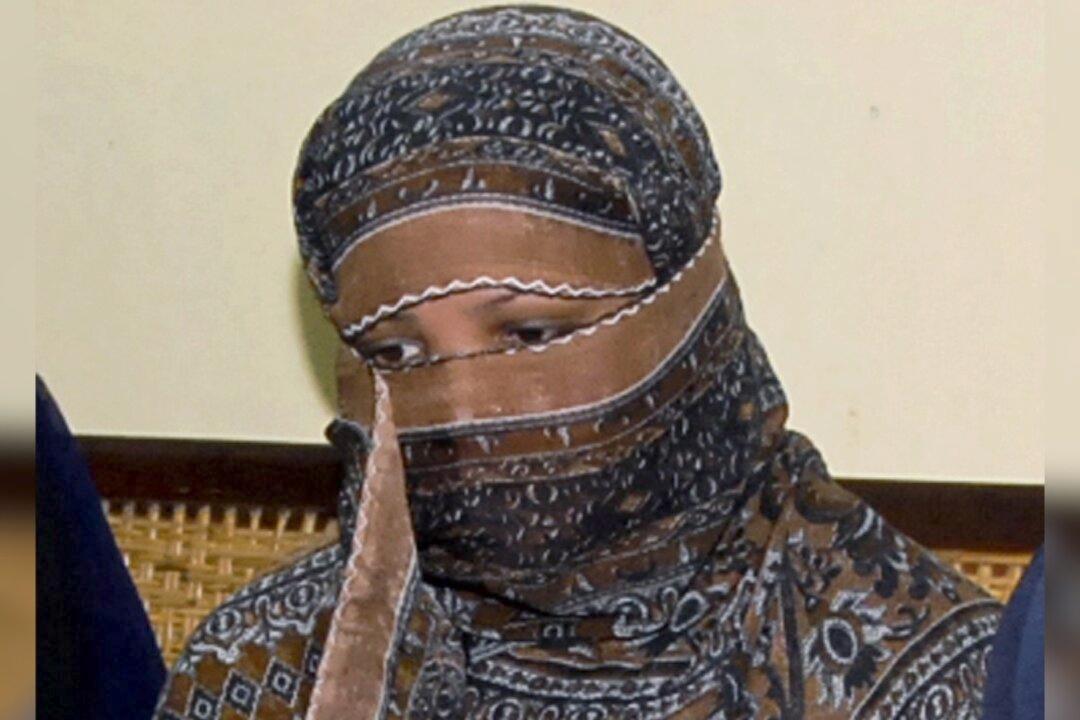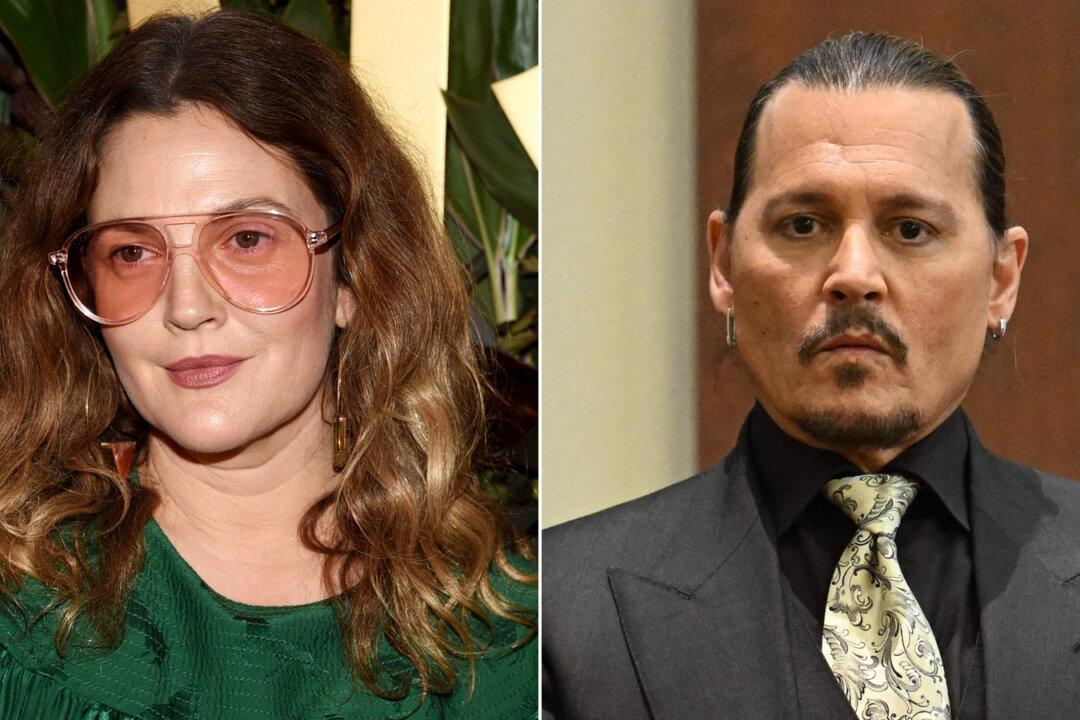Asia Bibi, a Pakistani Christian woman freed from death row last year has arrived in Canada, according to her lawyer, Saif ul-Malook.
Bibi, a mother of five from Punjab province, was taken out of the country after repeated death threats from religious extremists in Pakistan, following the quashing of her conviction for blasphemy.




